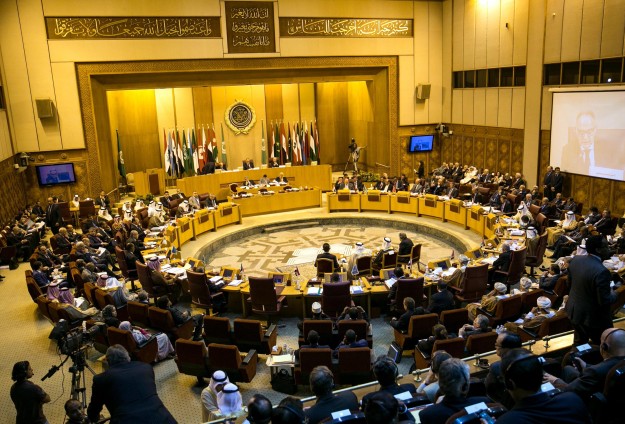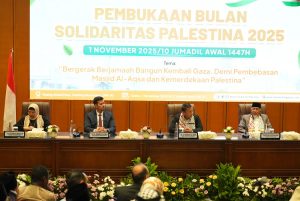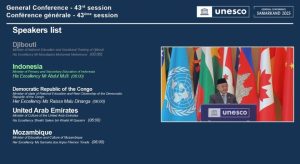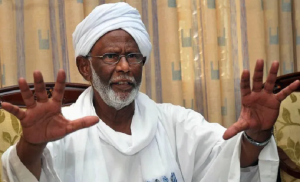Cairo, 13 Dzulqa’dah 1435/8 September 2014 (MINA) – Arab foreign ministers meeting in the Egyptian capital, Cairo, on Sunday expressed backing for a plan by Palestinian Authority President Mahmoud Abbas to get a United Nations approval on a blueprint for ending the Israeli occupation of Palestinian territories, a well-informed diplomatic source said.
The source, who asked not to be named, told Anadolu Agency that the final communiqué of the meeting of Arab foreign ministers in Cairo calls for finding a drastic solution to the Palestinian problem and ending the Israeli occupation of Palestinian territories, describing this occupation as the heart of the conflict.
The communiqué also calls on the United States and the international Quartet to put pressure on Israel to abide by its commitments and also usher in the necessary conditions for serious talks that can result in ending the Israeli occupation at the end of the day, the source added, Anadolu Agency quoted by Mi’raj Islamic News Agency (MINA) as reporting.
On Sunday, Abbas, the source said, briefed Arab foreign ministers attending the meeting at the headquarters of the Arab League about his plan to get United Nations approval on a blueprint to end Israel’s occupation of Palestinian territories in the light of a specific timetable.
Also Read: Latest Israeli Airstrike in Southern Lebanon: 2 Dead, 7 Wounded
He added that the blueprint makes it necessary for the United States and Israel to recognize a Palestinian state within the 1967 borders, one that has East Jerusalem as its capital. It also includes a timetable for ending the Israeli occupation of Palestinian territories.
The foreign ministers attending the meeting also called for holding an international conference on the Palestinian cause, an occasion during which all aspects of this cause would be explained.
Since its establishment, Israel has continued to misappropriate Palestinian land in the West Bank – on which it continues to build numerous Jewish-only settlements – in breach of international law.
The roots of the current conflict date back to 1917, when the British government, in the now-famous “Balfour Declaration,” called for “the establishment in Palestine of a national home for the Jewish people.”
Also Read: Egypt Urges Israel to Withdraw from Five Occupied Outposts in Southern Lebanon
Jewish immigration rose considerably under the British administration of Palestine, which was consolidated by a League of Nations “mandate” in 1922.
In 1948, with the end of the mandate, a new state – Israel – was declared inside historical Palestine.
As a result, some 700,000 Palestinians fled their homes, or were forcibly expelled, while hundreds of Palestinian villages and towns were razed to the ground by Jewish forces.
The Palestinian diaspora has since become one of the largest in the world. Palestinian refugees are currently spread across Jordan, Lebanon, Syria and other countries, while many have settled in refugee camps in the Palestinian West Bank and Gaza Strip.
Also Read: Riyadh and Madinah Named in UNESCO’s Creative Cities Network
On May 15 of each year, Palestinians still commemorate the mass expulsion in 1948, which they refer to as the “nakba” or “catastrophe.”
Palestinians demand the establishment of an independent Palestinian state in the Gaza Strip and West Bank, with East Jerusalem – currently occupied by Israel – as its capital.
For many Palestinians, the right to return to their homes in historical Palestine – a right enshrined in U.N. General Assembly Resolution 194 – remains a key demand. (T/P003/P3)
Mi’raj Islamic News Agency (MINA)
Also Read: Turkish Foreign Minister Meets Hamas Political Bureau Members in Istanbul





























 Mina Indonesia
Mina Indonesia Mina Arabic
Mina Arabic